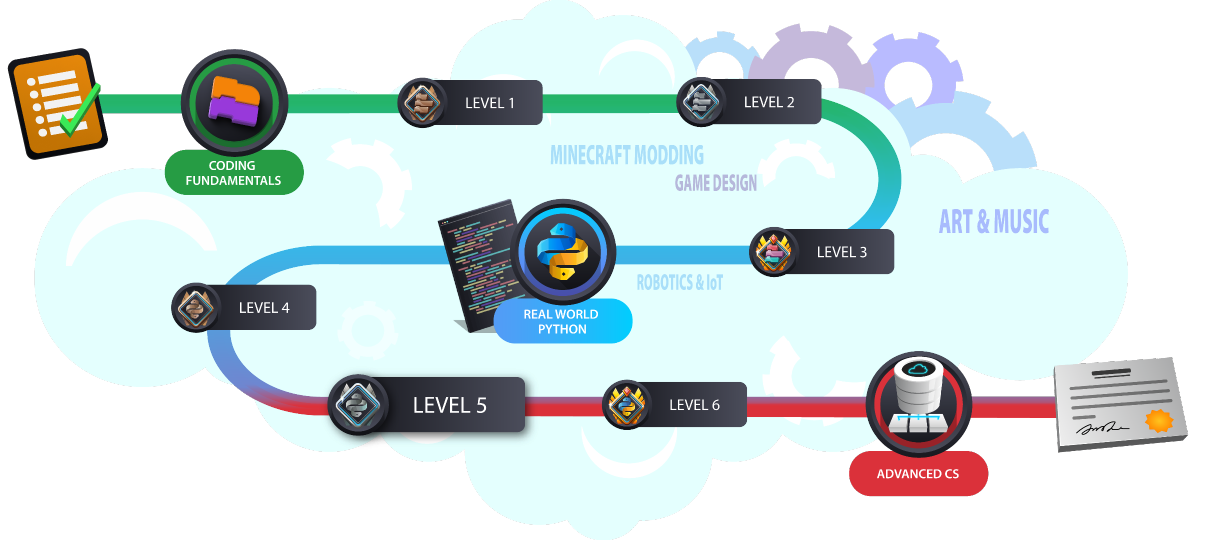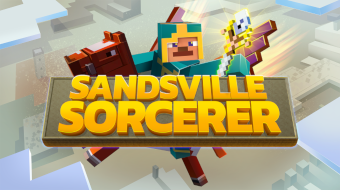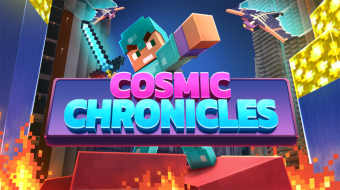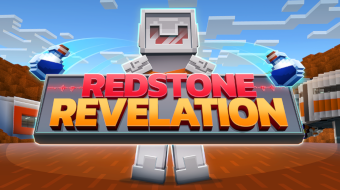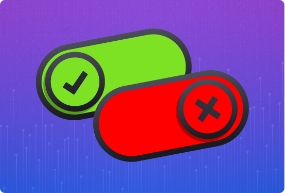
Advanced Expressions
Dive deeper into expressions, with details on boolean logic and truth tables. Explore how you can make more complex expressions with these Python coding lessons, and see their applications.
6 Lessons:
1. Boolean Logic
2. Advanced Math Operations
3. Advanced String Operations
4. Review and Quiz
5. Unit Project
6. Unit 1 Quiz
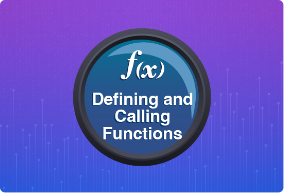
Functions
Learn how functions can be used to generalize particular solutions into broader, more applicable ones. In addition, these Python programming lessons will help you see how functions can help keep your code organized and repeatable.
8 Lessons:
7. Defining and Calling Functions
8. Parameters
9. Returning Values
10. Global Variables and Scope
11. Default Arguments
12. Review and Quiz
13. Unit 2 Project
14. Unit 2 Quiz
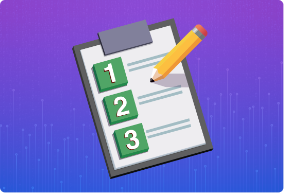
Lists
A list is a special kind of variable that holds a series of items called elements in a particular order. Lists are handy for representing lots of data, all at once, in a sequence. Learn how to manipulate and process lists in this unit.
7 Lessons:
15. Lists, Mutability, and Indexes
16. Lists and Loops
17. Item ‘in’ List
18. List Operations
19. Reverse and Sort
20. Review and Quiz
21. Unit 3 Quiz
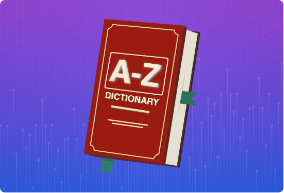
Dictionaries
The dictionary is another useful data structure, which represents key-value pairs. Create a working version of Tetris using this new data structure.
6 Lessons:
22. Dictionaries
23. More About Dictionaries
24. Review and Quiz
25. Tetris
26. Tetris Follow Up
27. Unit 4 Quiz

PyGal and Charting
Bar charts, pie charts, line charts are demonstrated using Pygal, a beginner-friendly data library. With these Python lessons for beginners, you can learn to plot energy data from the US government and analyze trends in different energy sources, then explore how you can work with CSV files in Python.
7 Lessons:
28. Get Started with Data
29. CSV Files
30. Making Plots
31. Thinking About Data Sets
32. Review and Quiz
33. Data Project: Baseball Stats
34. Unit 5 Quiz
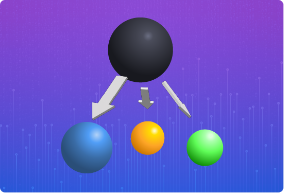
Classes
Learn about object-oriented programming, including the relationship between a class and an object, and how to create your own custom types. In this way, you’ ll learn how object-oriented programming can make for more generalizable solutions to problems.
6 Lessons:
35. Classes And Objects
36. Attributes
37. Inheritance
38. Review and Quiz
39. Project
40. Unit 6 Quiz
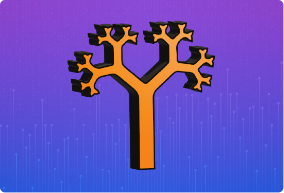
Recursion
Kick back with recursion, the most mind-bending programming idea around. This course keeps things fun with examples like fractals, “coin counters” and more, after covering the classics like Fibonacci, Merge Sort, and Factorial.
8 Lessons:
41. Recursion
42. Multiple Base Cases
43. Recursion and Lists
44. Merge Sort
45. Fractals
46. Review and Quiz
47. Unit 7 Project
48. Unit 7 Quiz
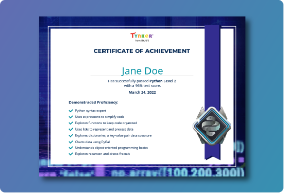
Level Assessment
Put your skills to the test — keep up the momentum and continue on your learning pathway.
